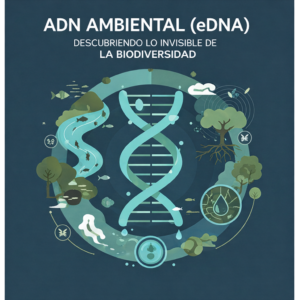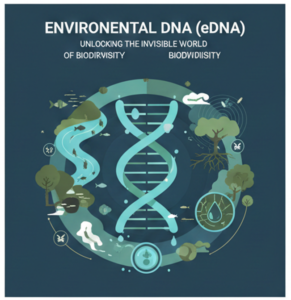Environmental challenges, climate change, and corporate sustainability goals are pushing organizations to adopt stronger environmental management certifications. For professionals, earning these certifications not only demonstrates expertise but also improves employability, compliance, and global recognition.
In this guide, you’ll learn what environmental management certifications are, why they matter, the different types available (ISO, EMAS, LEED, NEBOSH, and more), and how to choose the best one for your career or organization.
What Are Environmental Management Certifications?
Environmental management certifications are official credentials that prove an organization or professional has met international standards for environmental responsibility, compliance, and sustainability practices.
Why They Matter for Businesses and Professionals
- For companies: Certifications improve compliance, reduce risks, and enhance brand reputation.
- For professionals: They demonstrate expertise, open new career opportunities, and increase employability in industries like energy, construction, manufacturing, and consulting.
Main Areas Covered
- Environmental compliance & auditing
- Sustainable resource management
- Carbon footprint and greenhouse gas reduction
- Energy efficiency and renewable energy integration
Types of Environmental Management Certifications
ISO 14001:Environmental Management System
The ISO 14001 certification is the most recognized environmental standard worldwide. It helps organizations design and implement an environmental management system focused on compliance, waste reduction, and sustainability performance.
EMAS: Eco Management and Audit Scheme
Developed by the European Union, EMAS goes beyond ISO 14001 by requiring public reporting of environmental performance. It is widely adopted by companies aiming for transparency and high environmental accountability.
ISO 50001: Energy Management System
This standard is designed to improve energy efficiency across industries. Organizations certified in ISO 50001 reduce costs, improve competitiveness, and align with global climate change goals.
ISO 14064-1 : Greenhouse Gas Quantification
ISO 14064-1 certification focuses on measuring and managing greenhouse gas (GHG) emissions. It’s essential for companies reporting under ESG frameworks or preparing for carbon neutrality.
PAS 2060: Carbon Neutrality Standard
PAS 2060 provides guidance to achieve and demonstrate carbon neutrality. Increasingly demanded by corporations and governments, this certification proves that an organization is taking action to offset its carbon footprint.
verified carbon standard (VCS)
verified carbon standard (VCS) is one of the most widely used frameworks for verifying and issuing carbon credits in the voluntary carbon market.
Institute of Environmental Management & Assessment (IEMA)
Professional membership and qualifications for environmental managers.
NEBOSH Environmental Management
Popular in the UK and internationally recognized for occupational and environmental health & safety.
Benefits of Getting Certified in Environmental Management
Career Opportunities and Employability
Employers value certified professionals because they demonstrate technical knowledge, compliance expertise, and commitment to sustainability.
Compliance and Regulatory Advantages
Certifications such as ISO 14001 and ISO 50001 help organizations meet regulatory obligations while improving environmental performance.
Corporate Sustainability and Reputation
Businesses with certifications are trusted more by stakeholders, investors, and customers, boosting competitiveness.
How to Choose the Right Certification
Factors to Consider
- Industry sector: Construction, manufacturing, energy, etc.
- Recognition: ISO is global, EMAS is stronger in Europe.
- Cost & time: Some certifications require more resources than others.
- Career goals: Professionals may benefit more from NEBOSH or IEMA qualifications.
ISO 14001 vs EMAS
While ISO 14001 is globally recognized, EMAS requires greater transparency and public reporting—ideal for companies targeting European markets.
Most Valued Certifications by Employers
Across industries, the most demanded certifications include ISO 14001, ISO 50001, LEED, and NEBOSH Environmental Management.
Future Trends in Environmental Certifications
Digital Tools and Online Certifications
Growing adoption of e-learning and remote auditing for ISO standards.
Integration with ESG and Sustainability Reporting
Companies are aligning environmental certifications with ESG strategies, GRI standards, and investor reporting.
The Value of Environmental Certifications in a Sustainable Future
Environmental management certifications are more than just credentials—they are essential tools for building a sustainable, competitive, and responsible future. Whether you are a professional seeking career growth or an organization aiming to meet international standards, certifications like ISO 14001, EMAS, PAS 2060, and NEBOSH provide the framework to succeed.
By investing in these certifications today, professionals and companies alike ensure they are prepared for tomorrow’s environmental and regulatory challenges.







